2022–23 calendar of events

All & Not-All
Presentations by Peter Gillespie, Jocelyn Ripley, Mark Stafford, Andrew Stein and moderated by Mark Stafford

Critique of Oedipal Normativity — André Michels
Through a rereading of the Oedipal configuration, we will reflect on the notion of normativity and its function in psychoanalysis. What are the clinical consequences of a novel reading of the notion of norm?
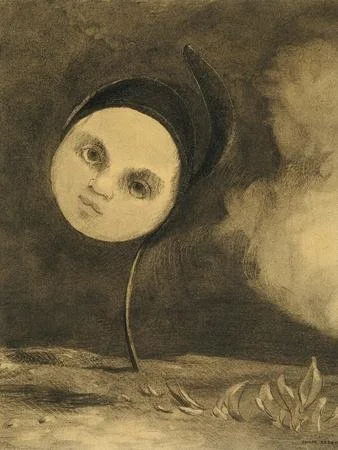
“Is It a Boy or a Girl?” — Catherine Vanier
For some years now, medical science can answer this question well before birth. But is it an answer? If, as Freud teaches us, the unconscious knows nothing of sexual difference, how can our clinical practice address children diagnosed with “gender dysphoria,” the questions they are posing, and the difficulties in construction or deconstruction they encounter along their way?

The Capitalist's Discourse — Alain Vanier
In 1972, three years after defining the forms of the social link through four discourses (those of the master, the hysteric, the university, and the analyst) Lacan, in Milan, proposes a fifth. Should we read the capitalist's discourse as a supplement to, or variant on, the previous four? In fact it raises new questions about the relation between politics and psychoanalysis, the place of psychoanalysts in public life, and possible clinical consequences.

The Unconscious Real and the Numerical Real — Erik Porge
In 1973 Lacan distinguished an inaccessible real of the unconscious and a real of number, two forms of real. What relates them? In the same year, he also posed a question regarding logical time: What, in a set of dimensions, “simultaneously produces surface and time”?
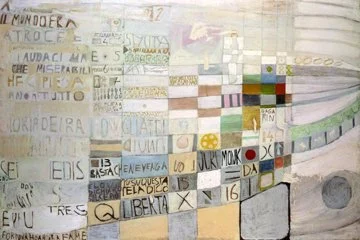
Ears to Hear — Daniel Heller-Roazen
According to the Greek tragedy Prometheus Bound, human beings once “had ears but did not understand.” Prometheus then initiated them into a special art of divination, showing them how to catch crucial yet elusive signs in obscure words and calls, grasping truths inaccessible to ordinary perception by a practice of overhearing. This presentation will discuss some ancient customs of grasping omens in chance acts of speech, setting them in relation to the study of slips inaugurated by Freud.

On the One and the Pas-Tout — Paola Mieli
Pursuing our reflections on voluntary servitude, this seminar continues to explore the relations between the subject and the collective and the discourses that organize them. Particular attention will be paid to the function of the One and Lacan’s logic of the pas-tout, as well as to the function of the subject supposed to know in social bonding, in the discourse of science, in that of religion, and in the unfolding of clinical treatment.
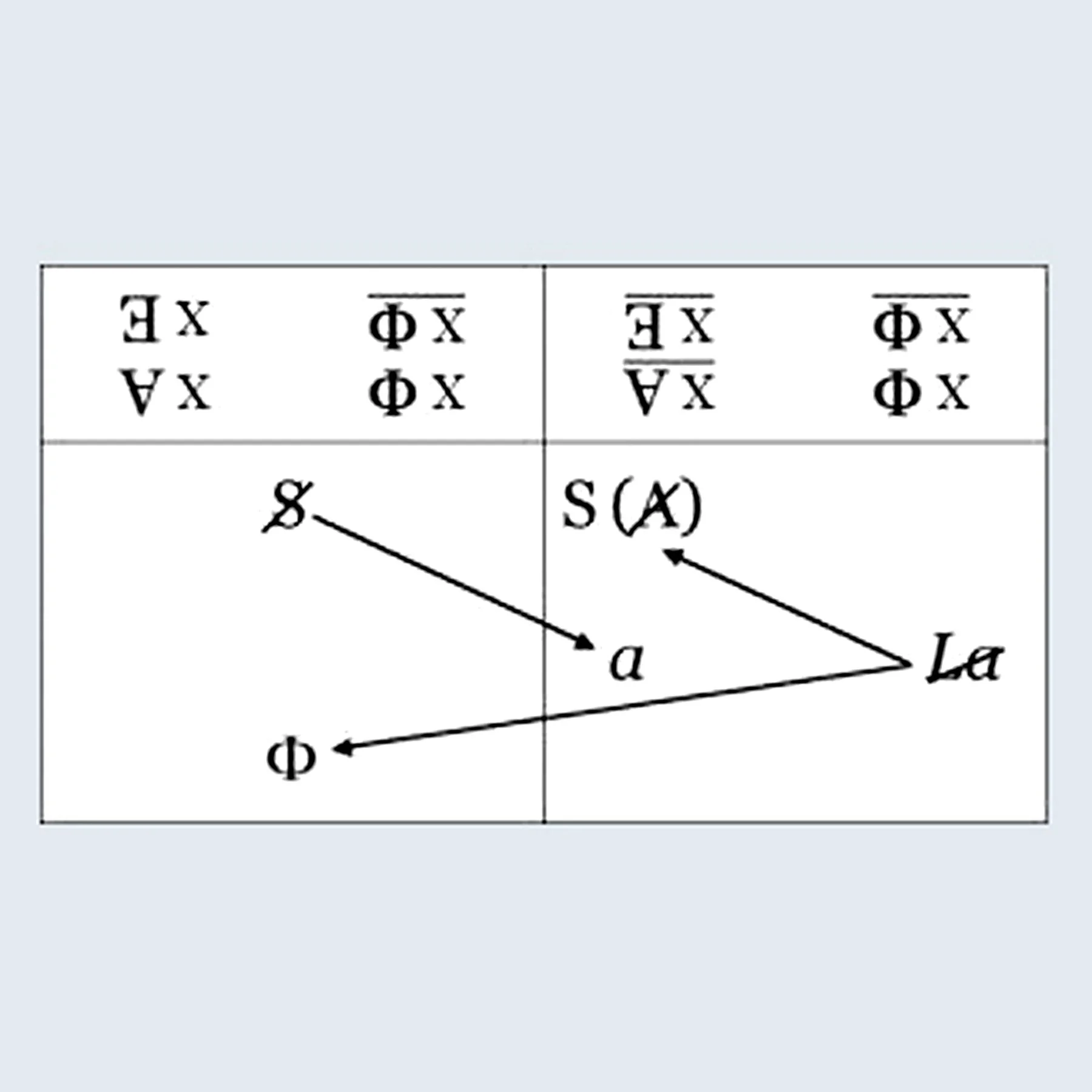
The Logic Formulas of Sexuation — Paula Hochman
As speaking beings, we don't relate to sex through mere anatomy, but through a logic of sexuated identification. Symbolic and real, phallic jouissance and the solitude of a non-symbolizable “Other-sex,” are not in contradiction but in interplay, as this presentation of Lacan's formulas will attempt to show.
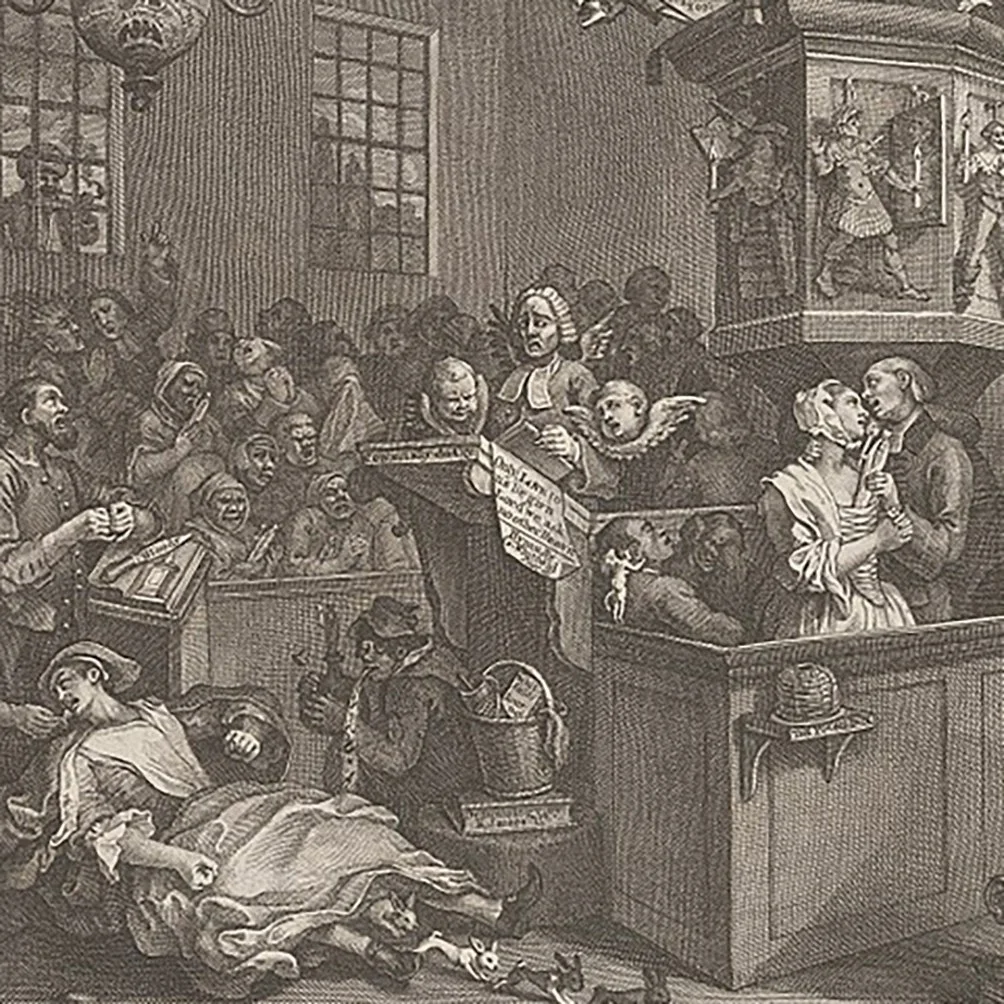
Fanaticism — Gérard Haddad
From 20th-century racist totalitarianism to 21st-century religious fundamentalism, fanaticism has been one of the gravest of our age's social ills; has psychoanalysis paid it adequate attention? Largely through Lacan's theory, we will examine the structural underpinnings of fanatical discourse and the personalities that embrace it. In the process, we will explore the function of the “Cain complex.”
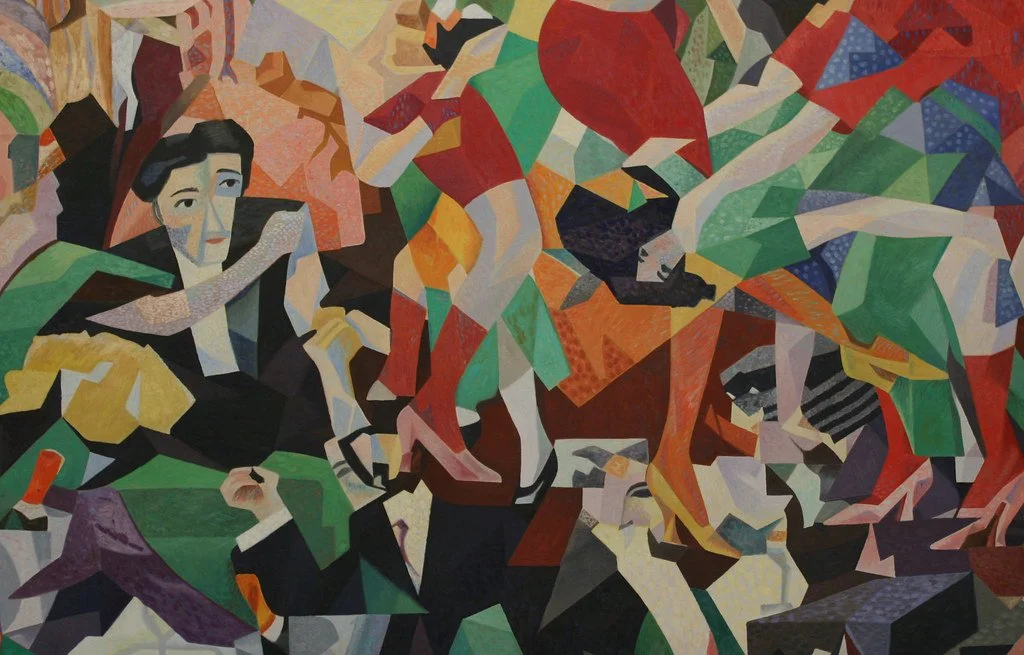
Après-Coup Winter Gathering
Celebrate the New Academic Year and Discuss the Après-Coup Program and Other Matters of Interest
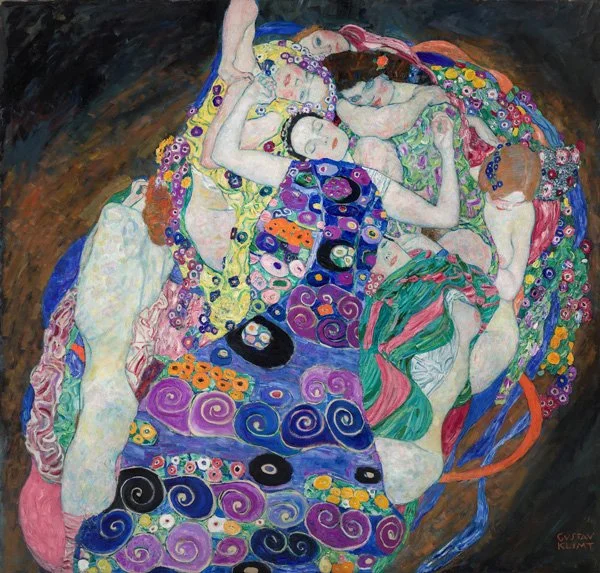
Singular Femininity: The All and the Not-All — Gisèle Chaboudez
In the 1970s, Lacan posited that a phallic logic — an age-old discursive logic supported by the law, which Freud deciphered and largely shared — could not account for femininity in its entirety. Fifty years on, Lacan's innovative logic of the feminine as “not-whole” remains little known or used, despite the obvious fact that social changes in the redistribution of functions between the sexes shows it to be strongly at work in today's society. This workshop will explore the relevance of Lacan’s logic.
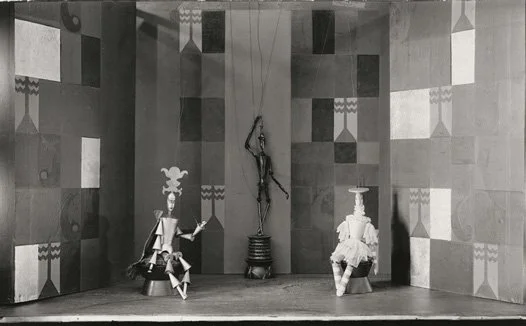
The Theater of the Unconscious — Jean-Michel Vives
Reference to the theatrical model is very present in psychoanalytic theory and has been since its origins. The transference stages a space of fiction where the analysand unknowingly plays out a written script. The unconscious needs the fictional scene of the transference to enact a desire that pushes for its interpretation. In the analytic act analysands can discover themselves as co-authors of a script they are creating.
